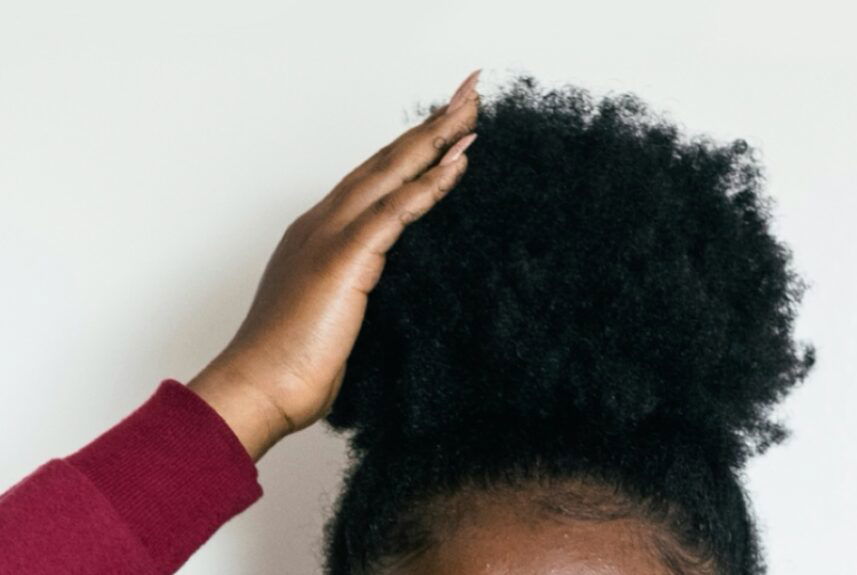
April 9, 2024
Employer Settles Federal Lawsuit After Firing Woman For Wearing Natural Hair
Imani Jackson has reached a settlement with her former employer after she was allegedly fired for wearing her natural hair.
A Louisiana employer has settled a federal lawsuit filed by the Equal Employment Opportunity Commission (EEOC). Imani Jackson alleges the termination occurred shortly after she stopped wearing her wig to work, revealing her natural hair.
When Jackson was hired as a sales associate at American Screening LLC, she wore a straight-haired wig. However, the African American woman switched to remove the wig and began wearing her natural hair to work. The lawsuit detailed Jackson’s former employer criticizing her natural hair, calling it “unacceptable” despite Jackson claiming she placed it into a “neat bun,” as reported by the Miami Herald.
The court documents then alleged that the employer asked Jackson to continue wearing her wig instead. However, Jackson refused to oblige the discriminatory request, leading to her termination two months later in October 2018. A white employee later took her place.
The lawsuit claimed the firing violated Title VII of the Civil Rights Act of 1964 due to racial discrimination. According to the court documents, Jackson’s “4-A” curl pattern is typically associated with Black people, thus making the employer’s comments on when she will “fix” her natural hair a racist remark.
“Just as an employer may not ask an employee to change or conceal their skin color, an employer may not ask an employee to change their natural hair texture,” explained EEOC Chair Charlotte Burrows in a press release. “Unfortunately, this form of discrimination continues to limit employment opportunities for Black workers, even today.”
Years after the incident, Jackson will receive a monetary settlement from American Screening for the unjust firing. According to a consent decree filed on April 3 in Louisiana, she will receive $50,000 in compensation for the ordeal. The company must also create new policies that protect employees who choose to wear their natural hair.
This lawsuit contributes to a growing cause against hair discrimination, also impacted by the legalization of the CROWN Act in several states. As other cases fight against natural hair prejudices, resolving this legal battle is a step in the right direction.